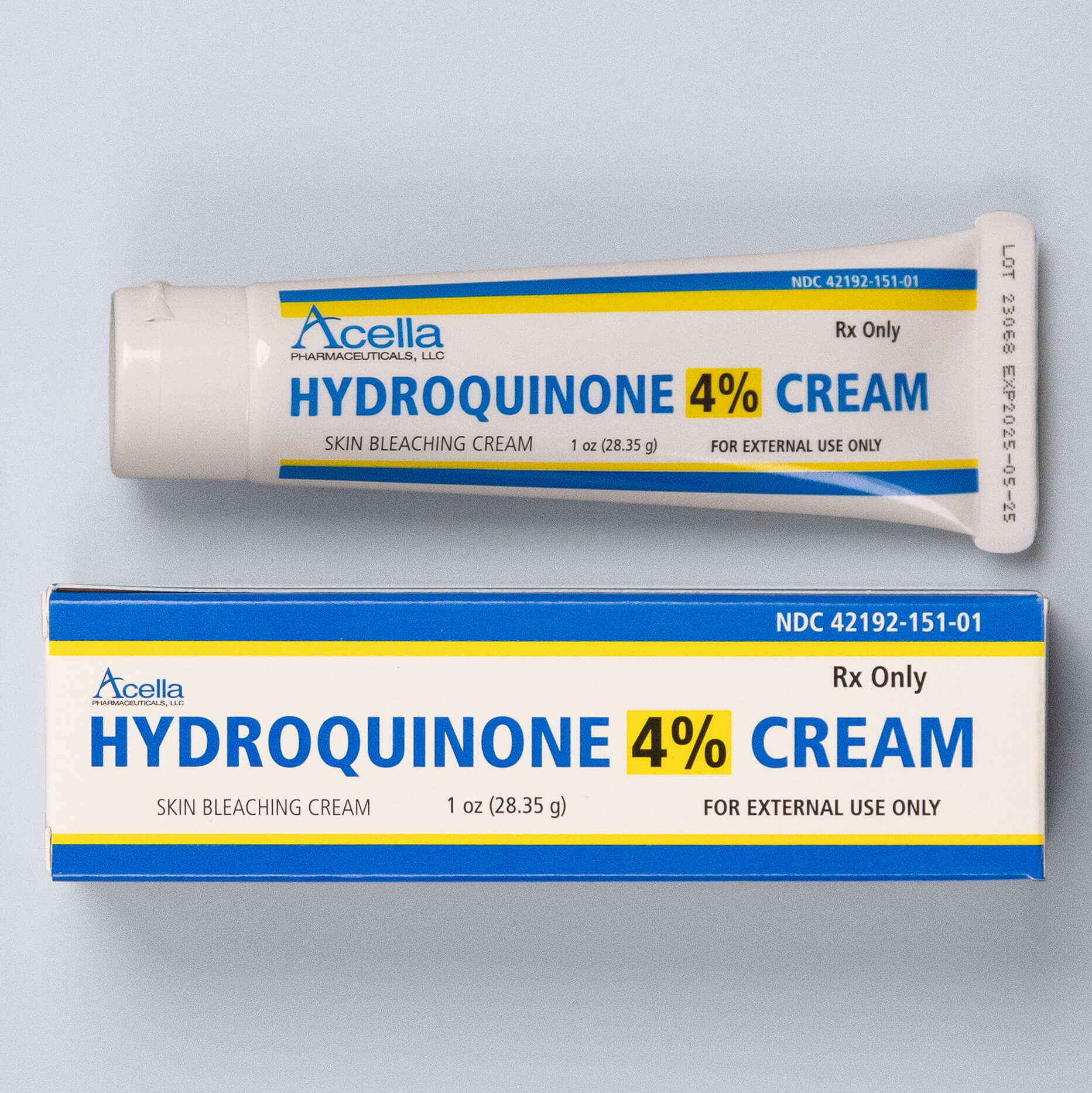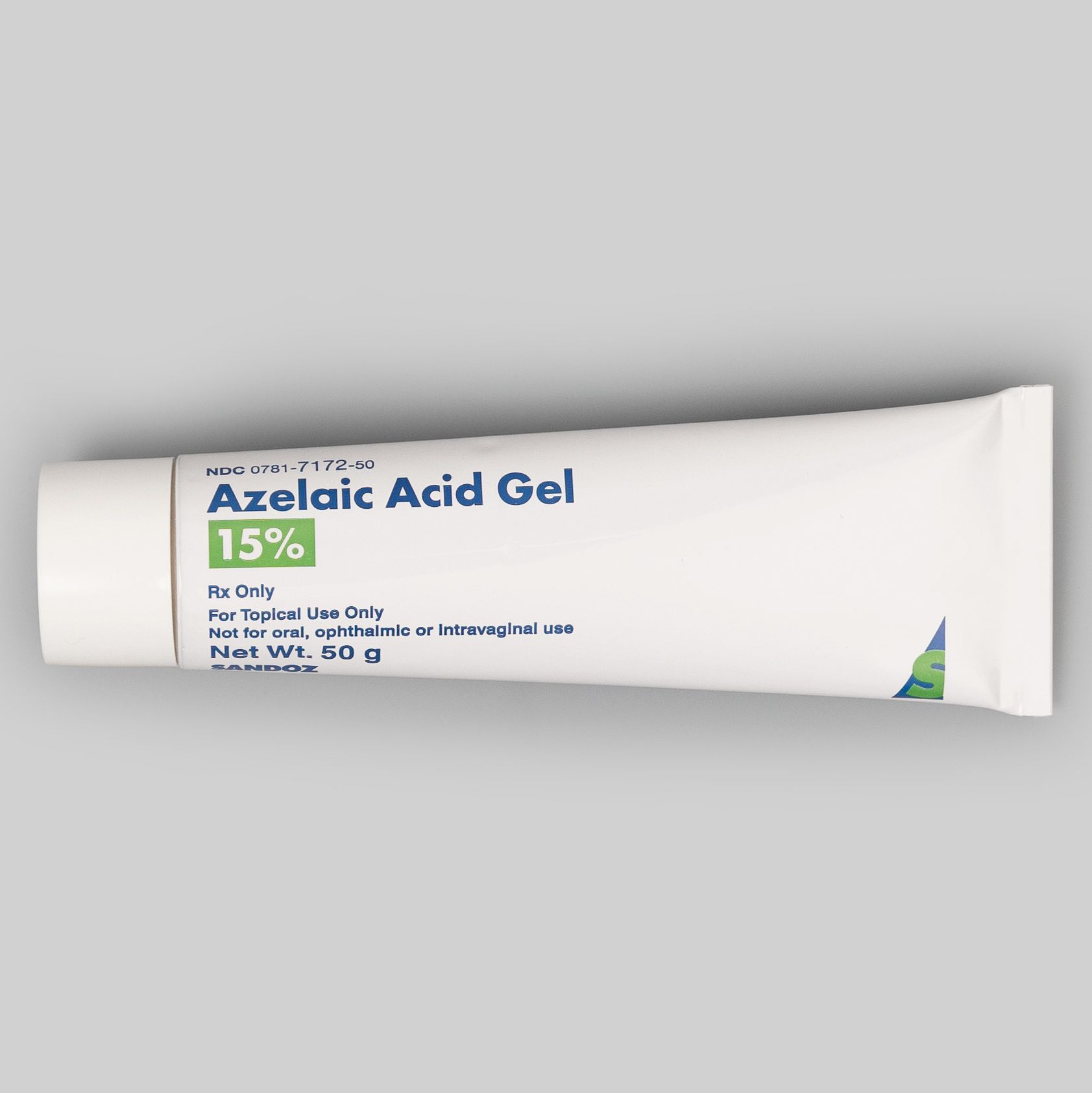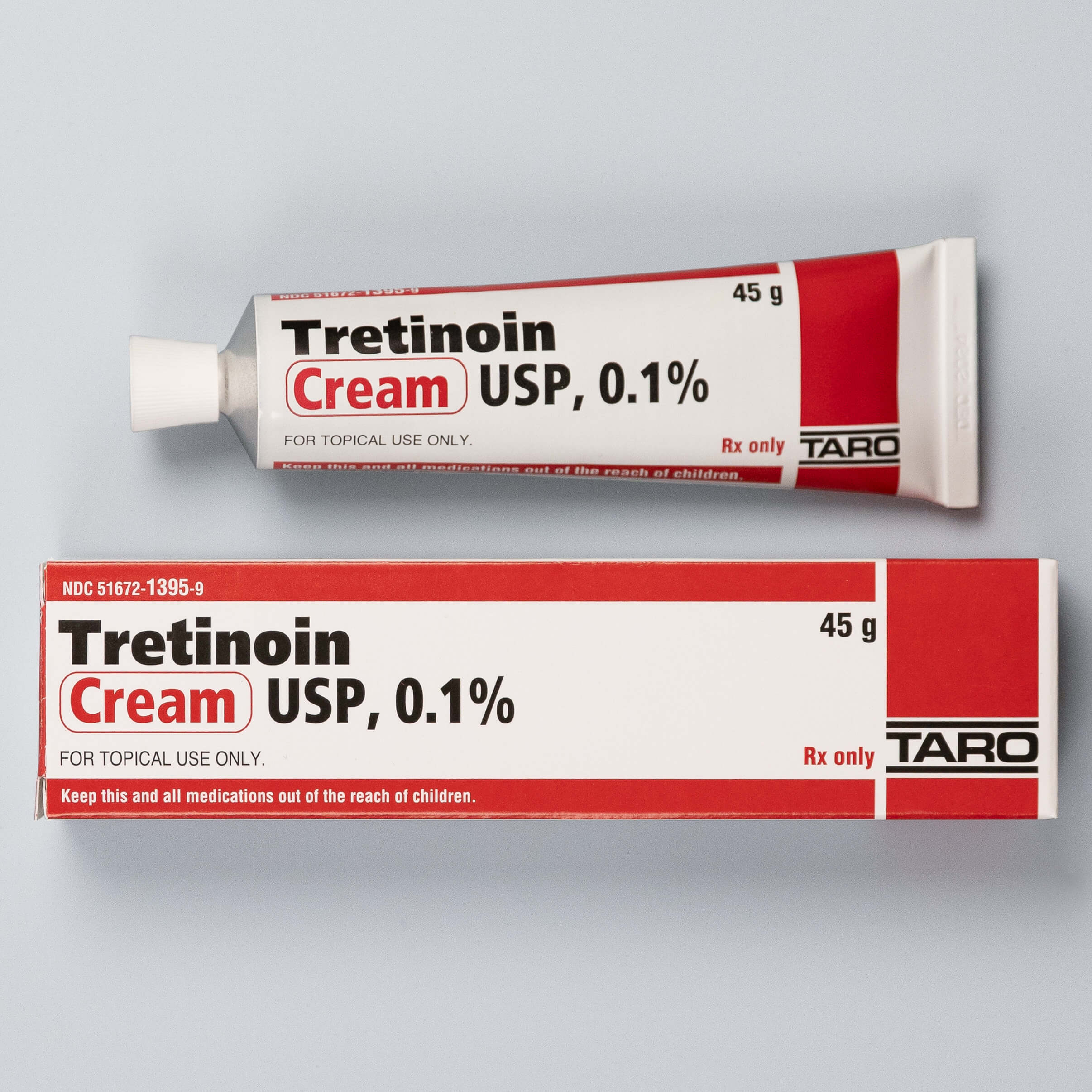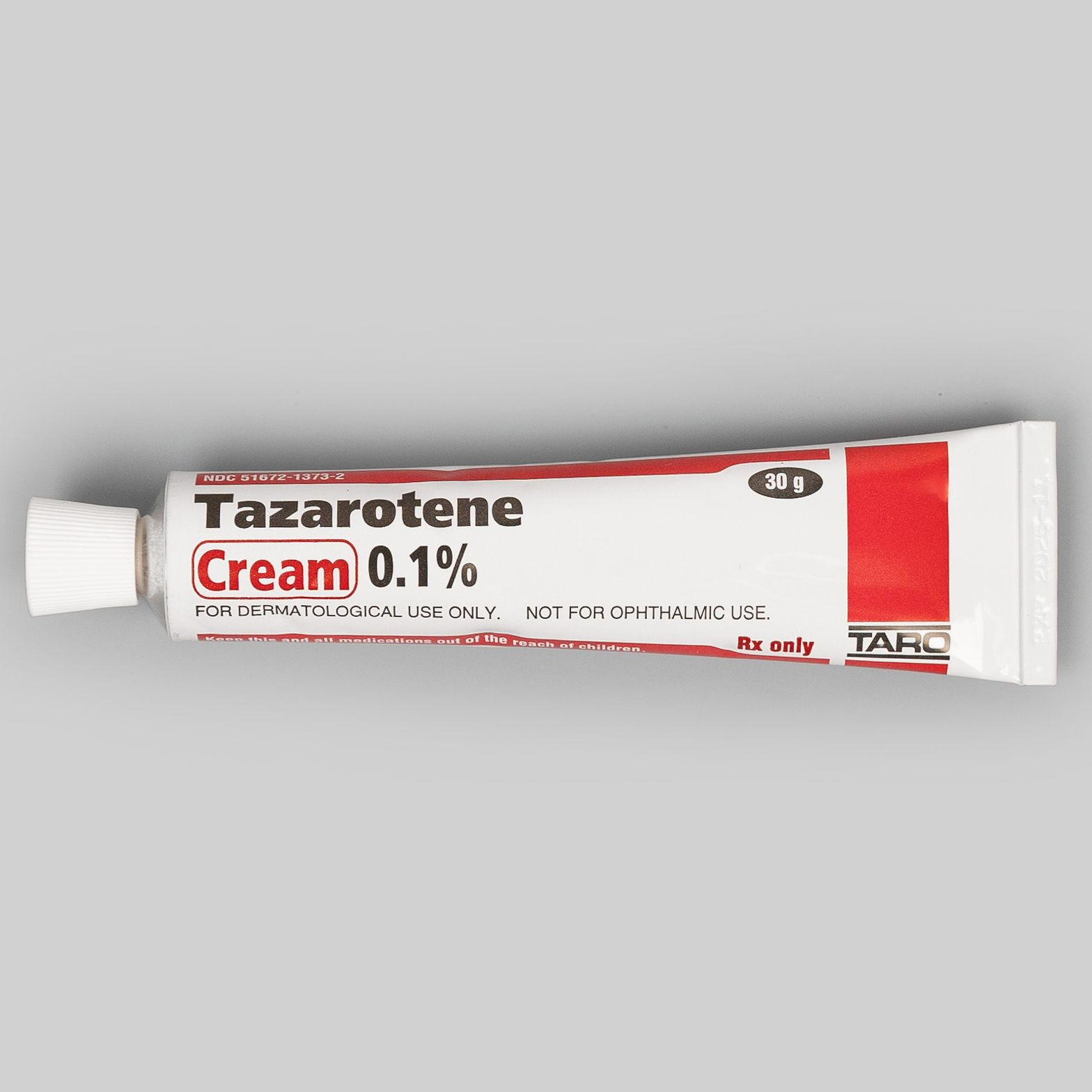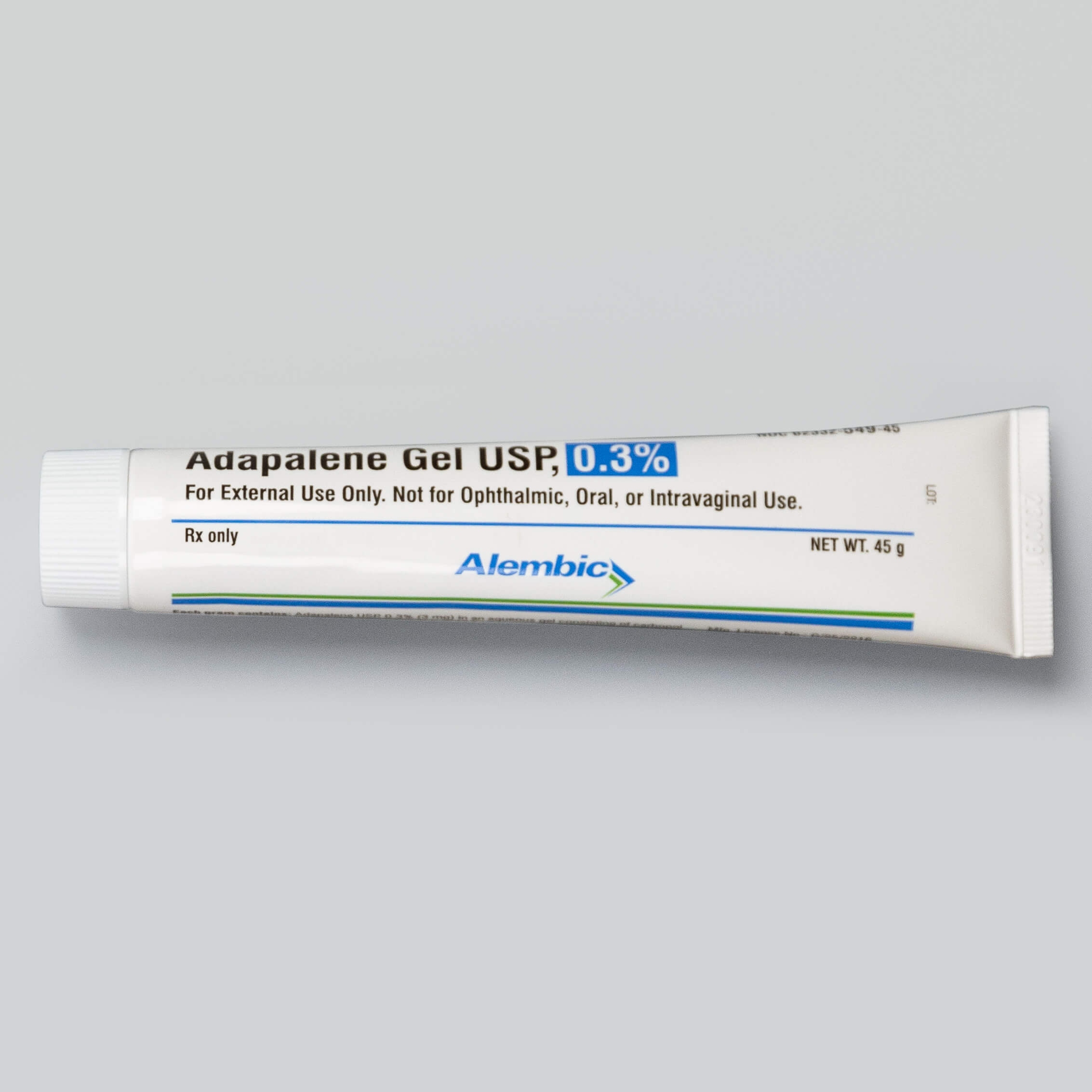Compare Melasma Treatment Prices
See how we stack up against competitors on costs to treat melasma, dark spots and hyperpigmentation. Not only do we offer transparent, low prices on medications, we charge only $25 for an online consult for melasma with one of our experienced, U.S.-licensed medical providers.
| Brand | Tretinoin Cream Costs |
|---|---|
RedBox Rx |
$20/month billed as $60/3 months |
Hers® |
$29/month |
WISP |
$25/month billed as $75/3 months |
NURX |
$30/month billed as $90/3 months + $30 consultation fee |
Agency |
$40-$65/month |
Apostrophe |
$25/month billed as $75/3 months |
About Melasma
Melasma is a skin condition that causes hyperpigmentation and dark spots — primarily on the face. It can be managed with a combination of sun protection and topical treatments.
-
Melasma is a common skin condition that causes dark spots and patches on the skin, most often on the face. It occurs nine times more often in women than in men.1
-
With the condition melasma, exposure to sunlight causes skin to produce more melanin pigments, causing dark spots. Pregnancy or hormonal birth control is the most common cause of melasma in women. Other causes of melasma include:2
Genetics.
Hormones, particularly the female hormones estrogen and progesterone.
Thyroid disease.
-
The most common places for melasma to appear are on the cheeks, chin, nose bridge, forehead and above the upper lip.3 For some people, darker pigmentation can occur on the upper lip and resembles a mustache.4
-
Melasma is not physically harmful. Even though melasma reacts to sun exposure, there is no evidence to suggest that the condition increases risk of skin cancer. In fact, people with melasma have lower rates of skin cancer overall.5
However, some people with melasma can experience psychological issues or a poorer quality of life because of perceptions of their appearance.6
-
Melasma commonly appears on the face. Less commonly it can appear on the arms, neck or other parts of the body.7
-
Hyperpigmentation refers to any discoloration of the skin, regardless of the cause. Melasma is a type or cause of hyperpigmentation.8
-
Sunspots, also known as age spots, dark spots or liver spots, are small areas of hyperpigmentation on the skin caused by ultraviolet light (UV) exposure to the skin.9 Melasma can be triggered by sun; however, the underlying cause can be hormonal or genetic.10
Sunspots occur most often in people over age 50 but can occur in younger people.11 Melasma occurs most commonly in women in their reproductive years.12
-
Yes, melasma commonly occurs during pregnancy. Research shows that melasma is present in approximately 15-50% of pregnant patients.13
-
Melasma is a photosensitive condition that is exacerbated by exposure to the sun. Therefore, regular use of UV + VL broad-spectrum sunscreen can be used as a preventive treatment for melasma.14
-
There is currently no cure for melasma. However, dark spots can be reduced or prevented by limiting sun exposure. Also, hyperpigmentation can be lightened or reversed by using topical or oral medications.15
-
Melasma can often go away on its own. Patients that avoid sun exposure and utilize topical treatments can see reversal of melasma in a few months' time. Progress is typical gradually and requires patience.16
For example, one clinical trial showed that 68% of participants experienced a significant improvement in melasma marks after 40 weeks (approximately 10 months) of daily application of tretinoin.17
-

75%
75% of study participants saw an improvement in melasma with hydroquinone topical treatment.
Source: National Library of Medicine
Sorry, we’re closed for today. Our U.S. licensed medical providers are available daily 7 a.m. to 9 p.m. CST via live video visit. We look forward to serving you soon. Email us anytime at [email protected].
What Our Patients Are Saying
-
“
Easy to use and quickly responds. I really need this treatment for my skin and they provide me, and cover my necessities.
Gloria A.
-
“
Very easy and convenient to connect with Redbox. No long wait times and easy to talk to the professional. I would recommend for anyone having to wait several months to see a dermatologist.
Patricia H.
-
“
For context, I wanted to start topical tretinoin so if you need other types of prescriptions, I can’t speak to that. Questions were very thorough, and I got a response quickly. My medication was prescribed and in my mailbox in under five days.
Paige E.
Melasma Treatment FAQs
-
There are a variety of treatments available for melasma and dark spots. Some treatments will help prevent dark spots from forming and others will help lighten dark spots that have already formed. Here is an overview of some of the types of melasma treatments.
Sunscreen
Limiting sun exposure and using sunscreen is one of the best treatments for melasma. Studies show that broad-spectrum tinted sunscreens with iron oxide are effective at lowering pigment production in the skin in melasma patients because they block visible light and UVA/UVB rays.18
Topical Skin Treatments
Dark spots caused by melasma can be lightened using topical skin-lightening medications, including hydroquinone, azelaic acid, kojic acid, niacinamide, cysteamine, rucinol and tranexamic acid. They reduce the pigment production, inflammation and excess blood cells that contribute to melasma dark spots.19
Chemical Peels
If limiting sun exposure and topical treatments fail, melasma can be treated with chemical skin peels. Using glycolic or salicylic acid-based compounds, a chemical skin peel can help increase skin cell turnover. The results of a chemical peel can be unpredictable and sometimes result in adverse effects like scarring or increased hyperpigmentation.20
Lasers
Laser treatment can destroy the pigment in skin to lighten melasma spots. However, the risk is considerable for relapse post-treatment.21 In some cases, a laser treatment can actually worsen the melasma condition.22
-
Topical prescription medications that have clinical support for treating melasma and dark spots include:
-
Topical treatments for melasma must be continued for several months before noticeable changes may occur.28 In some studies, uses of topical treatments for hyperpigmentation saw noticeable results within eight to 12 weeks.29 Another study showed significant results after 40 weeks of daily tretinoin use, so it can vary on the individual and treatment.30
-
If you are looking for an over-the-counter melasma treatment, dermatologists recommend finding topical products with alpha hydroxy, kojic acids or retinols. These active ingredients can aid in cell rejuvenation.31
Alpha-hydroxy acid or glycolic acid has good clinical effectiveness for treating melasma when it is combined with hydroquinone.32 Alpha-hydroxy on its own may need more research.33
Kojic Acid reduced melasma pigmentation in 52% of study participants.34
Retinols have been shown to be effective in treating melasma when combined with hydroquinone.35 However, over-the-counter retinol may need more research to support its effectiveness as a solo treatment.
Most over-the-counter melasma treatments are considered cosmetics and are not required to have FDA approval.36 There is currently a lack of research to prove nonprescriptions effectiveness in treating hyperpigmentation from melasma.37
-
Telehealth providers, like RedBox Rx, allow you to connect with a licensed provider of dermatological services anywhere you have an internet connection. If prescribed, we can ship prescription treatment for melasma to all 50 U.S. states. Start an online consult now.
-
18. Harvard Health
19. Harvard Health
20. National Library of Medicine
21. Harvard Health
22. National Library of Medicine
23. National Library of Medicine
24. National Library of Medicine
25. National Library of Medicine
26. National Library of Medicine
27. National Library of Medicine
28. National Library of Medicine
29. National Library of Medicine
30. National Library of Medicine
31. CNN
32. National Library of Medicine
33. National Library of Medicine
34. National Library of Medicine
35. Journal of Drugs in Dermatology
How RedBox Rx Works
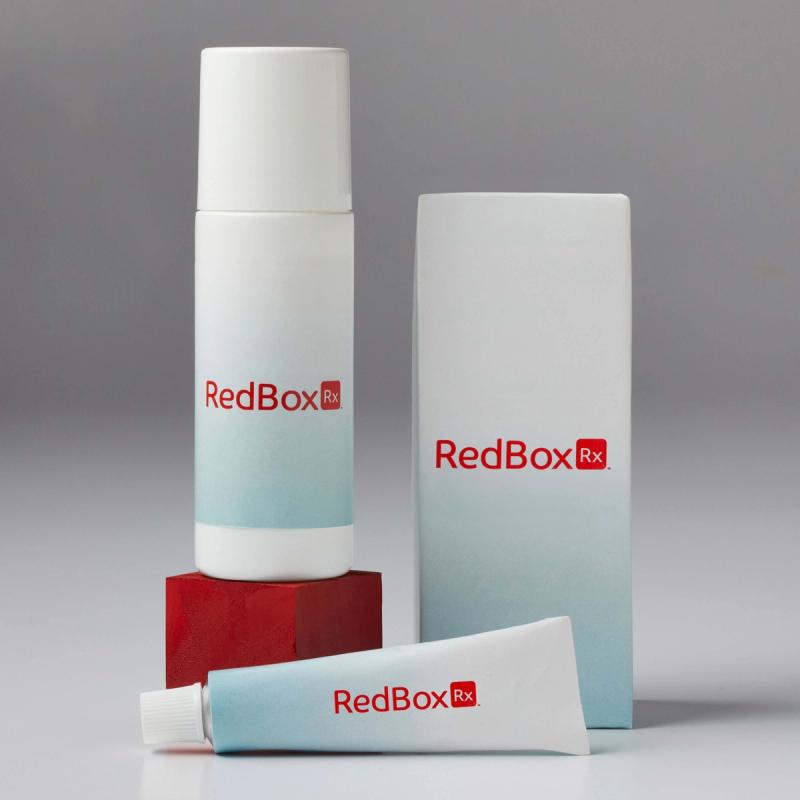
Why Choose RedBox Rx
Wide selection, easy process and low prices.
- No membership or subscription fees.
- Low-cost $25 telehealth consult with licensed medical provider.
- Medications start at $20 per month (with purchase of three-month supply).
- Confidential, private and secure.
- Free standard shipping or expedited/overnight available.
Sorry, we’re closed for today. Our U.S. licensed medical providers are available daily 7 a.m. to 9 p.m. CST via live video visit. We look forward to serving you soon. Email us anytime at [email protected].


